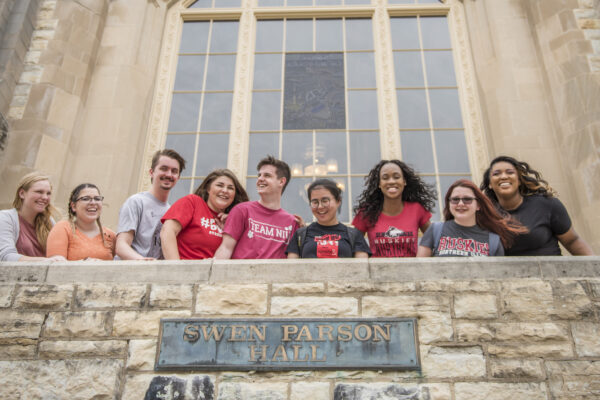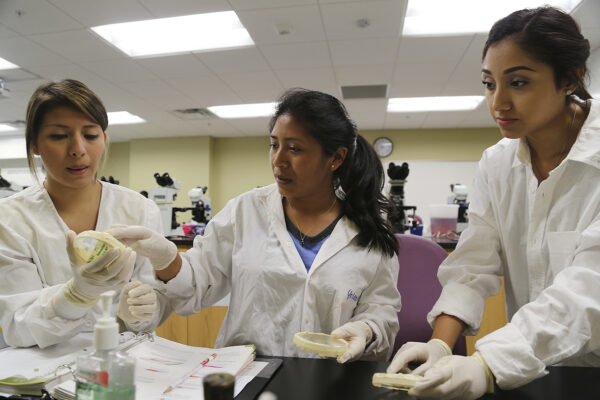Stranded, But Not Forgotten: New Report Addresses Institutional Debt and its Impact on Students
Title: Stranded Credits- A Matter of Equity
Authors: Sosanya Jones and Melody Andrews
Source: ITHAKA S+R
ITHAKA S+R recently released an in-depth descriptive qualitative report that highlighted and probed the experiences of both students and staff surrounding the concept of stranded credits. As defined by the authors of the report, stranded credits refer to institutional debt, “a phenomenon where students earn academic credits but cannot access them due to an unpaid balance with a previously attended institution that is holding their transcript as collateral” (p.4). In addition, the report uniquely utilized content analysis of social media posts to highlight the voices of students impacted by institutional debt.
Key findings from this report include:
- Stranded credits were an unfamiliar term among study participants, although they have or are experiencing the ill effects of this phenomenon.
- Stranded credits overwhelmingly and negatively impact students of marginalized communities often at the intersection of race, class, and gender.
- Various life events such as divorce, pregnancy, and job insecurity can be considered contributing factors for students’ exposure and experiences with stranded credits.
- Stranded credits can have psychological, financial, and professional implications for individuals such as negatively impacting students’ self-efficacy about degree completion and delaying career advancement. Stranded credits can be considered a mechanism that widens the equity gap between the haves and have nots within post-secondary education in both policy and practice. This includes the ability to access financial aid, such as federal loans and scholarships or simply being provided with the proper resources and/or support for rectifying institutional debt.
The report also includes key considerations for addressing stranded credits, such as:
- Emphasize the importance of discussing stranded credits at the state level.
- Incorporate debt-relief programs at the institutional level.
- Secure sustainable support for institutions that largely serve marginalized populations, such as minority serving institutions (MSIs) and community colleges.
To read the full report, click here.
—Brianna Clark
If you have any questions or comments about this blog post, please contact us.


